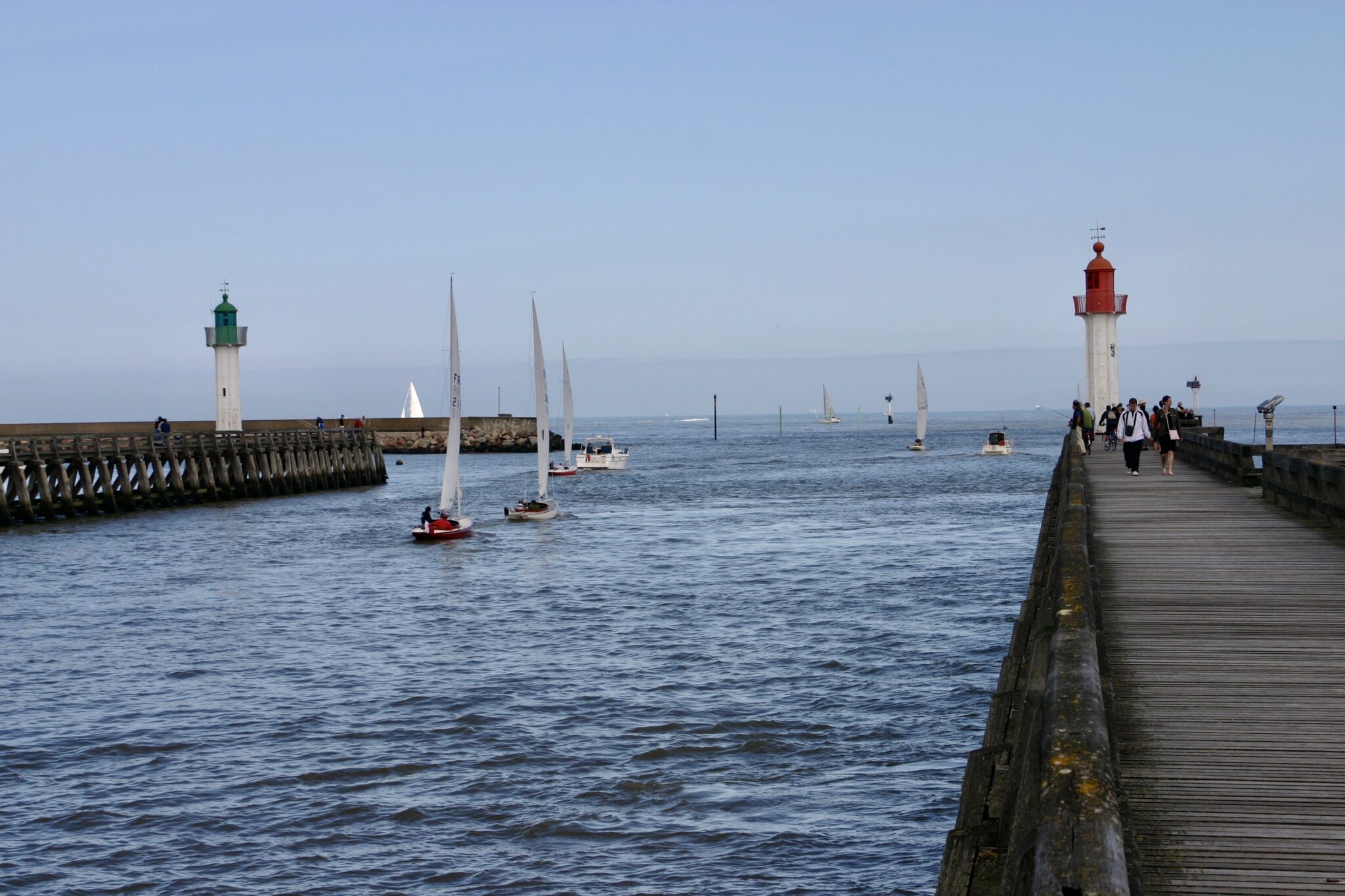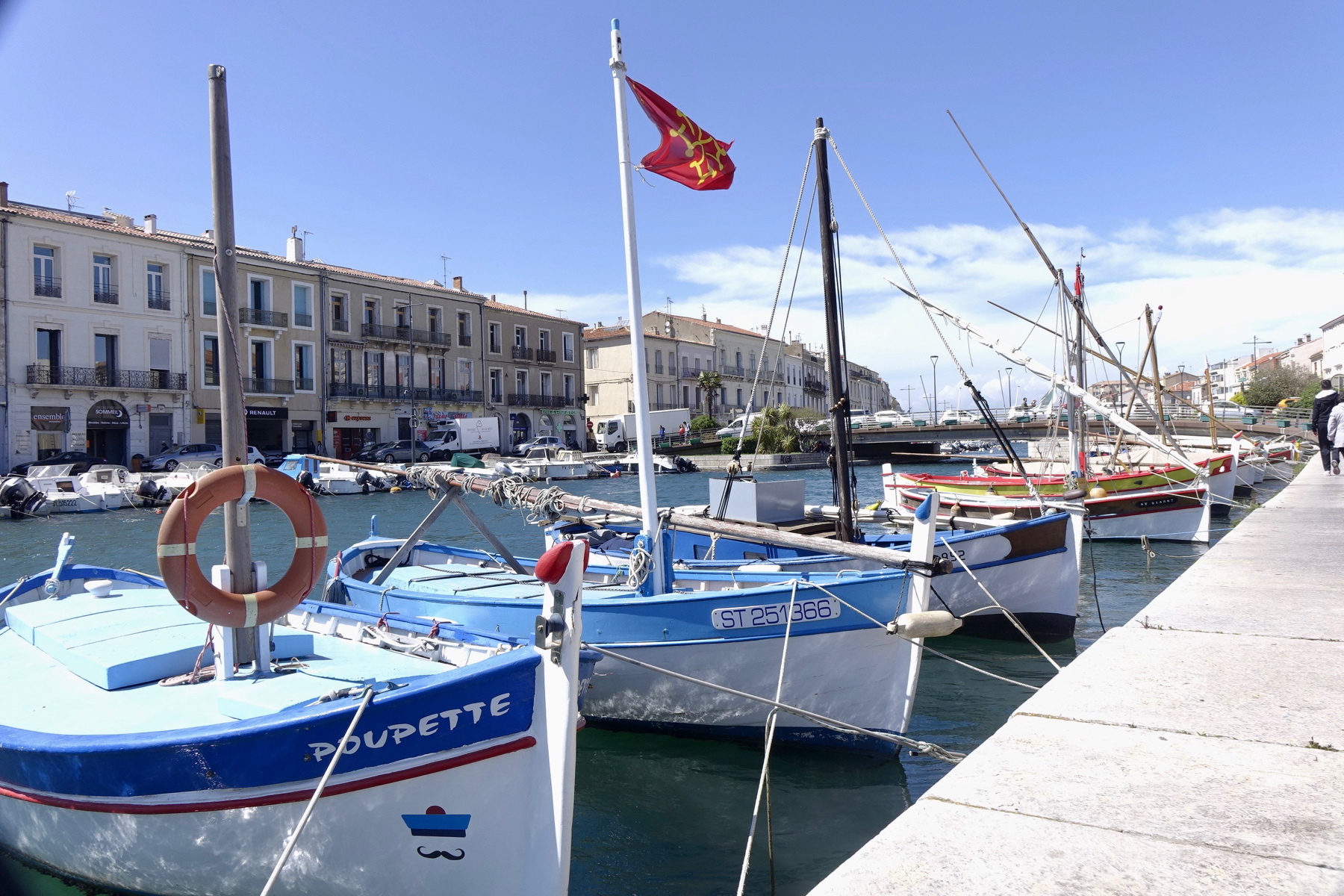 If the dynamic group of senior girls who pulled off an enlightening International Women’s Day at Zurich International School is any indication, the future for women is in good hands. This talented group of young ladies organized a memorable event reflecting on gender bias within art, sport and the work place.
If the dynamic group of senior girls who pulled off an enlightening International Women’s Day at Zurich International School is any indication, the future for women is in good hands. This talented group of young ladies organized a memorable event reflecting on gender bias within art, sport and the work place.
The multicultural members of the committee were completing their final year of the international baccalaureate and on target to enter fields in law, medicine, and international relations at universities around the world.
I led off their program recounting the history of the pioneers in women’s sport and the impact of the groundbreaking Title IX amendment to the Civil Rights Act. As I explained legislation helps but attitudes take longer to change than laws. Gender biases are deeply ingrained.
Real change has to start in the home with men sharing more equitably childcare and housekeeping chores. Brothers must contribute as equally to domestic chores as their sisters.
After speaking I answered a barrage of questions not only about my experiences, but also about what can steps can be taken towards gender equality.
A German boy in a Duke basketball jersey, an avid hoopster asked how young males growing up today can make things more equitable.
“Well, you can start by going home tonight and cooking dinner for your mama.”
Parents serve as our first role models, yet their roles as breadwinner and homemaker are so institutionalized that we don’t even think about it. Even if they work outside the home, women in all cultures continue to do the greatest percentage of work in home. Half of all women do some kind of housework compared to only one-fifth of men. If they are mothers, they spend twice as long as fathers doing unpaid domestic work each week. Within many societies the disparity is far greater.
Due to centuries of inequity, gender bias remains a pervasive part of our psyche.
Following my speech, Regina Lanford discussed how artistic images have perpetuated cultural prejudices about women. Then Eleanor (Tabi) Haller-Jorden, talked about the gender gap in leadership in corporations across Europe urging us to avoid gender stereotypes that are inherent in every culture.
After the speeches, a school band played hits of the seventies during lunch hour while the girls sold tulips in a pledge for parity. A lively panel discussion between teachers, parents, students, and speakers topped off the day.
Will the efforts of these young women in Zurich revolutionize the world? No, probably not. But their actions will raise eyebrows, increase awareness, and open dialogue. And if the turn out at ZIS International Women’s Day Celebration was any indication, with males in attendance in almost equal numbers, we are headed in the right direction.
But our work is cut out for us. “The World Economic Forum predicted in 2014 that it would take until 2095 to achieve global gender parity. Only a year later 2015, they estimated that a slowdown in the already glacial pace of progress meant the gender gap wouldn’t close entirely until 2133.”
A study by McKinsey Global Institute shows that by advancing women’s equality $12 trillion could be added to the global GDP by 2025. We must pledge for parity in the public, private and social sectors. Raising awareness is a first step.
Our travail has just begun.













 “Everyone – men and women – can pledge to take a concrete step to help achieve gender parity more quickly and each of us can be a leader within our own spheres of influence and commit to take pragmatic action to help include and advance women.”
“Everyone – men and women – can pledge to take a concrete step to help achieve gender parity more quickly and each of us can be a leader within our own spheres of influence and commit to take pragmatic action to help include and advance women.”





